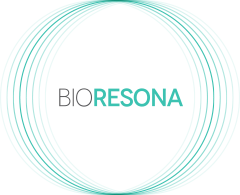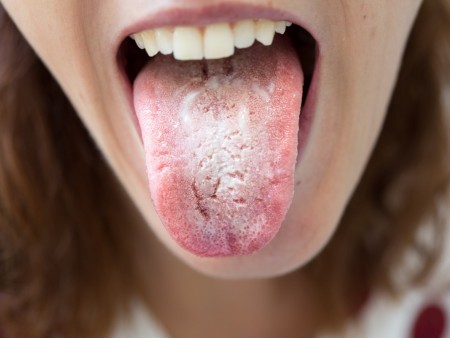Irritable bowel syndrome (IBS)
IBS is a chronic bowel condition characterized by abdominal pain, cramps, bloating and impaired defecation (constipation or diarrhea, or a combination of both).
Conventional medicine classifies this as a functional disorder, which means that there is no single identifiable disease process, but rather an imbalance in the intestinal function. Yet, in BICOM bioresonance, we can use frequency settings that address exactly this type of disorder.
There is a very strong connection between the brain and the intestine (known as the "brain axis"), meaning that stress is often a contributing factor to the development of IBS. Many people find also that certain foods trigger or exacerbate their symptoms. An important factor in the development of IBS is the imbalance in gut bacteria, also called dysbiosis or bacterial overgrowth in the small intestine (SIBO). More detailed stool analyses can reveal the degree of inflammation of the intestine and/or the collapse of its defense function, also known as "leaky gut syndrome."
Symptoms of IBS include spasmodic abdominal pain, bloating, diarrhea, constipation, wind, nausea, dyspepsia, fatigue and a "foggy feel" in the head. Symptoms such as rectal bleeding, persistently soft stools in people over 50, or unexpected weight loss can point to a more serious underlying disease and should therefore be examined immediately.
Examinations
If you experience symptoms of IBS it is important to see your doctor, who will perform certain tests (including blood tests), although testing in conventional medicine is quite limited. If there is any indication of a possibly serious health condition, endoscopic tests are performed. If conventional tests fail to identify the cause of IBS-type symptoms, further tests are performed, including a complete stool analysis and a BICOM bioresonance test that reveals the weakest link in the chain of causes that led to the development of problems.
How do we solve IBS?
Above all, we alleviate symptoms and attempt to improve the quality of life. If you are taking any medicines prescribed by your doctor, bring them to your first checkup. We use BICOM bioresonance tests to determine which foods to avoid. It has been shown that the FODMAP DIET alone alleviates the symptoms. If there is an imbalance in gut bacteria, dietary approaches with herbal remedies and probiotics can help restore balance.
The BICOM bioresonance method helps restore the self-regulation process of the intestinal mucous membrane and triggers the body's self-healing processes.
Subscribe to our newsletter
Subscribe to our newsletter and stay up-to-date on events, campaigns, benefits.
We will keep you up to date with our news once a month.
Center Komplementarne medicine, Antonina Rome in partnerji, d.o.o., All rights reserved
Website developed by:Izdelava spletnih strani - Spletna postaja





